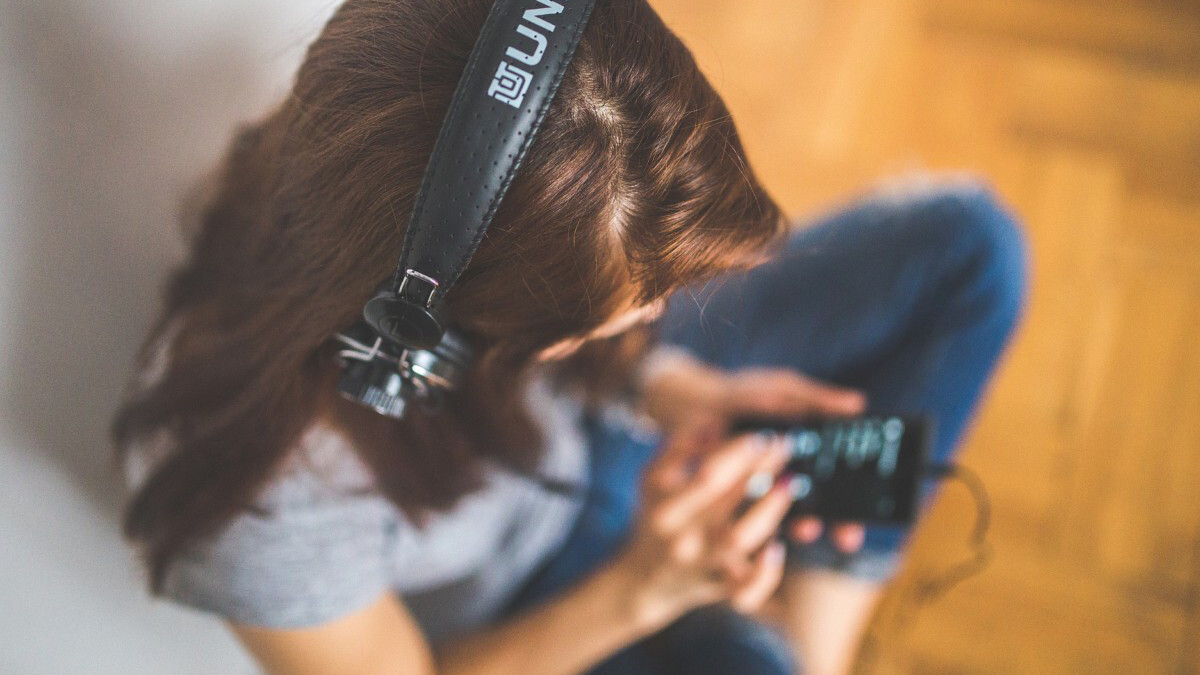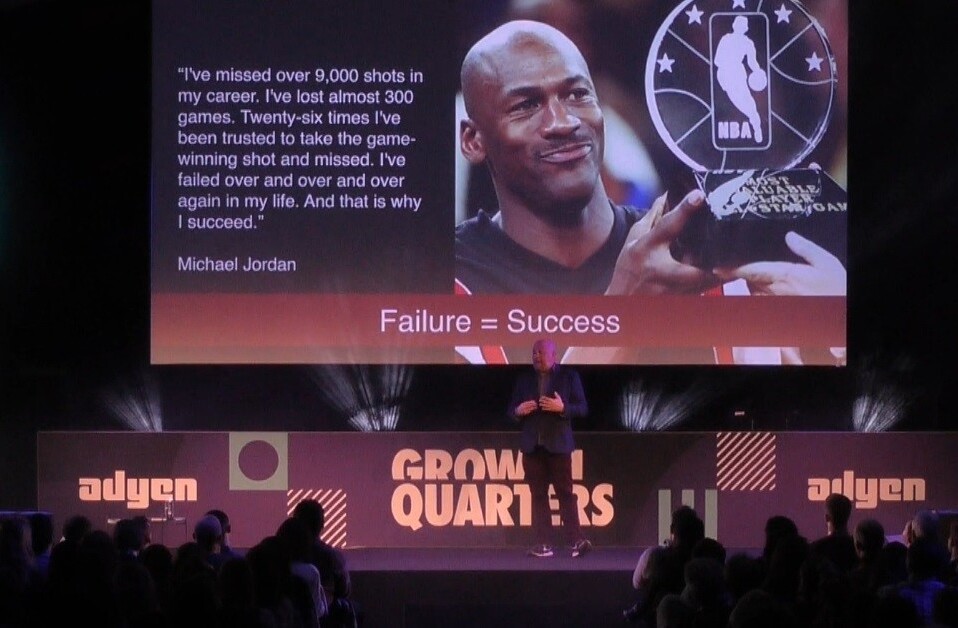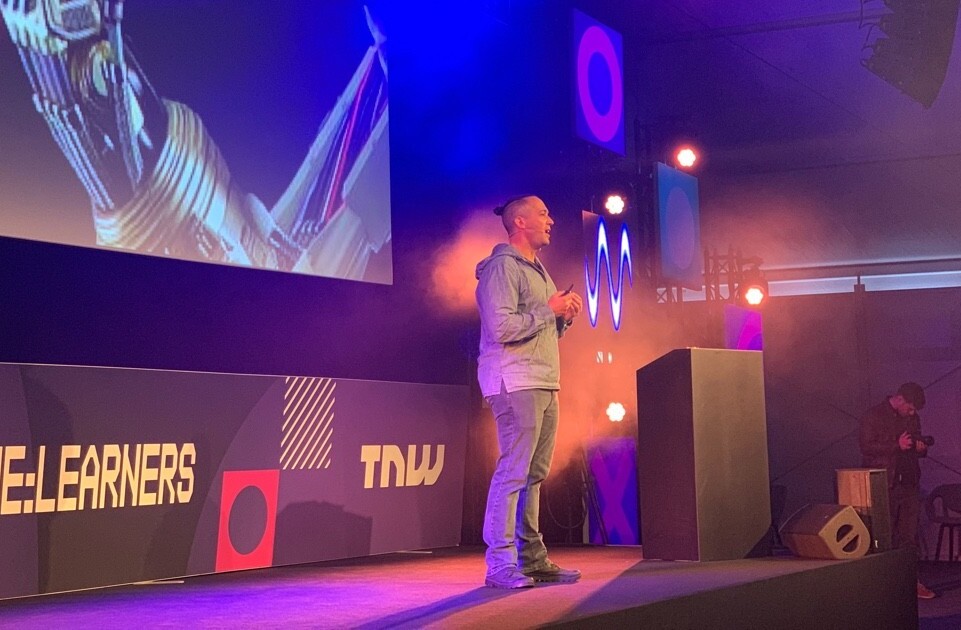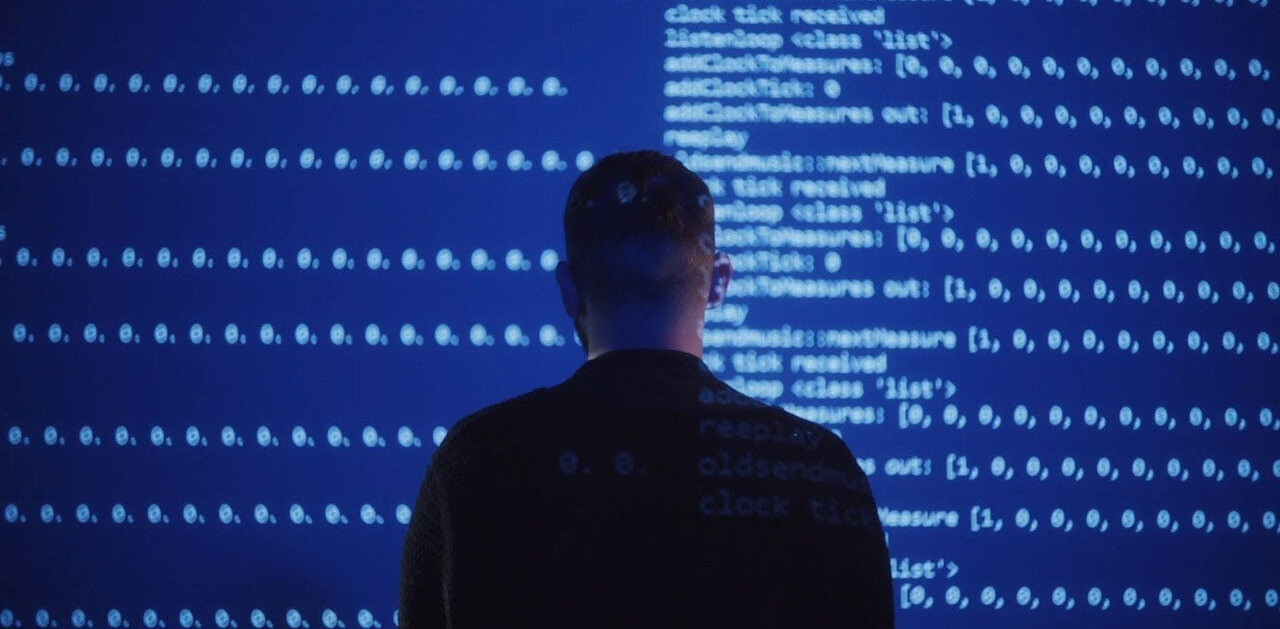
Two years ago, engineers released DeepBach, a neural network that generates Baroque anthems almost indistinguishable from Bach’s, but still nobody can decide if it’s really music.
DeepBach is so skilled at replicating Bach that more than half of those surveyed had attributed its computer-generated melodies to the man himself — despite music students and professionals making up 25 percent of respondents.
Critics generally deride tunes made by artificial intelligence by claiming these systems aren’t capable of generating art through creativity – be it text, music, or imagery.
Enter MuseNet: a machine-learning algorithm developed by OpenAI that makes weird-and-wonderful music by predicting which sounds should follow user-inputted notes.
It seems like a neat trick – but it makes for some pretty cool auditory creations. Here’s what MuseNet came up with after being fed a few notes from seminal American rock band Journey; it’s a curious listen.
So far, deciding whether artificial intelligence systems like DeepBlue and MuseNet truly create music rather than simply replicate sound has been mostly debated informally, but it’s slowly become a legal matter.
Recently, a US court found a monkey couldn’t hold copyright over a selfie, no matter how well it was composed, which has big implications for the future of AI-artists.
Indeed, when developers of Endel – an app for AI-generated music – signed a deal with Warner Music to distribute their songs, the firm credited all of its employees with writing its entire 6oo-track catalogue, rather than the AI that “wrote” them.
This certainly enforces the idea that those who build music-making algorithms play a critical role in the “creative process” of AI, but it doesn’t really pass judgement on the “artfulness” of music generated in this way.
How artificial technology and machine learning impacts our analog definition of art will also influence the capacity for humans to work with machines to express themselves uniquely.
Discover more about how AI-artists are evolving with TNW2019’s Art of Tech track, which kicks off tomorrow!
TNW Conference 2019 is coming! Check out our glorious new location, inspiring line-up of speakers and activities, and how to be a part of this annual tech extravaganza by clicking here.
Get the TNW newsletter
Get the most important tech news in your inbox each week.




